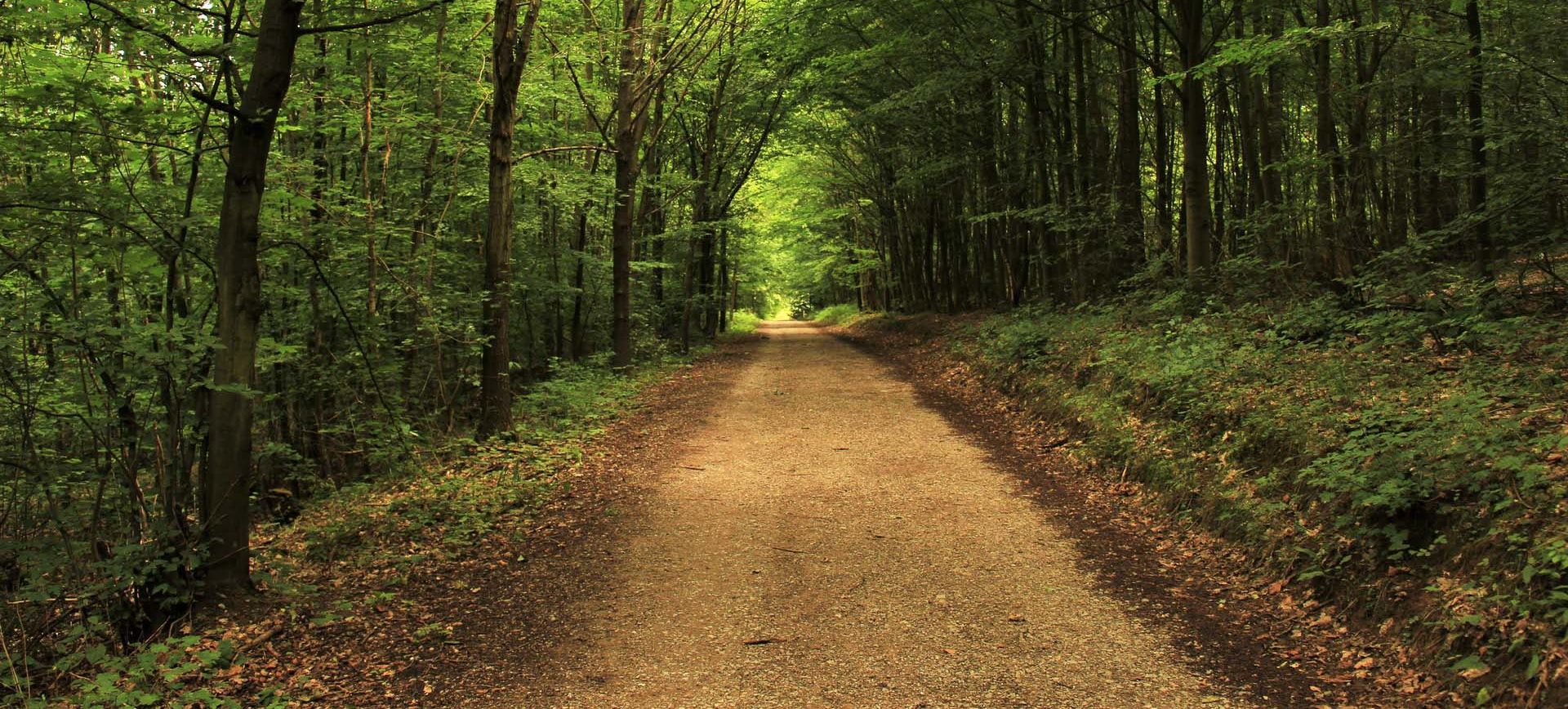Ecotherapy
Ecotherapy is an approach that rests on the idea that people have a deep connection to their environment and to the earth itself. In this same line of thinking, failing to nurture this connection can take a toll on your well-being, particularly your mental health.
Though ecopsychology is an emerging field, the consensus among experts remains consistent: Spending time in nature can have a pretty positive impact on your mental health.
Ecotherapy can involve loosely structured activities, such as walking along the beach or going for a hike in a forested area. You can also choose to participate in more formal approaches, often with guidance from a therapist.
Some of these approaches include:
- Community gardening or farming. Gardening with neighbors on shared land offers the chance to grow your own produce, build relationships, and spend time working outdoors. Some programs also teach basic farming tasks like tending animals or crops.
- Wilderness or adventure therapy. This approach to mental health treatment teaches coping techniques and therapeutic skills to teens and young adults as they camp and hike in the wilderness with their peers.
- Park prescriptions. Increasing numbers of healthcare providers and mental health professionals are starting to recommend that people spend a specific amount of time each week visiting a park or pursuing other outdoor activities.
- Forest bathing. Slightly more than a walk in the park, this practice encourages the mindful use of your five senses as you ramble through forests or similarly tree-heavy settings.
- Animal-assisted therapy. Petting, playing, or working with animals like horses, dogs, and birds outdoors can offer another way to manage stress.
- Outdoor meditation and yoga. Yoga and meditation offer well-established benefits, but they might prove even more rewarding outside.
Many ecotherapy practices also prioritize building a two-way relationship with nature by giving something back to the area, whether that’s collecting trash or planting treas. This may also help with issues related to eco-anxiety, or anxiety related to concerns such as environmental damage and degradation, global warming, or natural disasters.
Even small efforts to reduce your carbon footprint, such as recycling, composting, and limiting driving can benefit you and the planet.
One primary draw of ecotherapy? It’s can be fairly inexpensive and easy to access nature, depending on the approach you go with.
Here’s a look at some other benefits.
More opportunities for social connection
A sense of oneness with nature can feel pretty great, but you probably need some human connection, too.
Ecotherapy often takes place in group therapy settings, but you can connect with others even outside of formal therapy.
Community gardening, for example, can reduce loneliness, acquaint you with new people, and increase feelings of community solidarity.
Plenty of people with a fondness for hiking and nature walks prefer to go in groups. Sites like Meetup can help you find others interested in similar nature activities nearby.
Motivation to exercise
Many ecotherapy practices will get you out of the house and moving. Even gardening, which may not seem so strenuous at first, involves plenty of movement.
Exercise can help improve sleep and other aspects of physical health, of course, but it can also have a positive impact on mental health.
Simply enjoying some fresh air can lift a bad mood, while sunshine may have a more direct effectTrusted Source on feelings of depression or anxiety.
To do yourself and nature some good, you could even try plogging — the official-ish term for picking up trash while you jog.
Increased mindfulness
When you spend time in a natural environment, you’re more likely to use your senses to experience your surroundings. Calming sounds, like birds chirping or the rustling of leaves, can help you detach from traffic, work conflict, and ordinary stressors of everyday life.
Turning your attention toward the scenery can also help Pyou practice focusing on the present instead of mentally cycling through worrisome thoughts. By spending more time in nature, you might even unintentionally build a mindfulness habit.


